When can the police use sniffer dogs?
The police have the power to search for drugs using sniffer dogs in or around any area where alcohol is sold; where patrons enter or exit a public event like a sporting event, concert, dance party or parade; and on public transport, in a station or at a bus stop.
The police must ensure that the sniffer dog is under control and that the dog does not unnecessarily touch you during the search.
A sniffer dog came up to me and then a police officer told me they would search me. Can they do that?
Yes. If a sniffer dog gives a police officer an indication that it can smell drugs on you, this gives the police reasonable grounds to suspect you may have drugs.
The police do not have the power to force you to stay in an area while a dog sniffs that area. However, if you leave the area the police may use that as reasonable grounds for a suspicion that you may have drugs on you.
Sniffer dogs and you
The 2001 report by the NSW Ombudsman found that, “Prohibited drugs were only located in 26% of the searches following an indication [by a sniffer dog]. That is, almost three-quarters of all indications did not result in the location of prohibited drugs.”
Whether the poor rate of detection by dogs means that a dog can’t provide legally sufficient ‘reasonable suspicion’ is a question the Courts have not yet dealt with.
If searched by police, politely ask why they believe it is necessary to search you (and what grounds/law they are relying on). If something is later found on you, or you surrender any drugs you are carrying, you do not need to answer any questions (other than your name and address) and you should speak to a lawyer as soon as possible if you are charged with an offence.
Even if you think that the police don’t have a reason to search you, it’s often better to just tell them that you don’t consent to the search but you’re going to let it take place anyway. Otherwise you can be charged with things like hindering a police search or resisting arrest. This is often what happens when people get agitated or worried.
Remember to remain calm, polite and cooperative (you could be arrested or fined for being abusive).
If you are found with drugs, as mentioned above: Give your correct name and address if asked and take note of the officer’s name, rank and station if you feel you may need to make a complaint later. You’re not obliged to give any other information.
If you’re not found with drugs: If the police still want your name and address, ask whether you have to give it to them. If they say you’re not required to, then don’t. If they say you do, then it’s better to cooperate at the time and make a complaint later.

